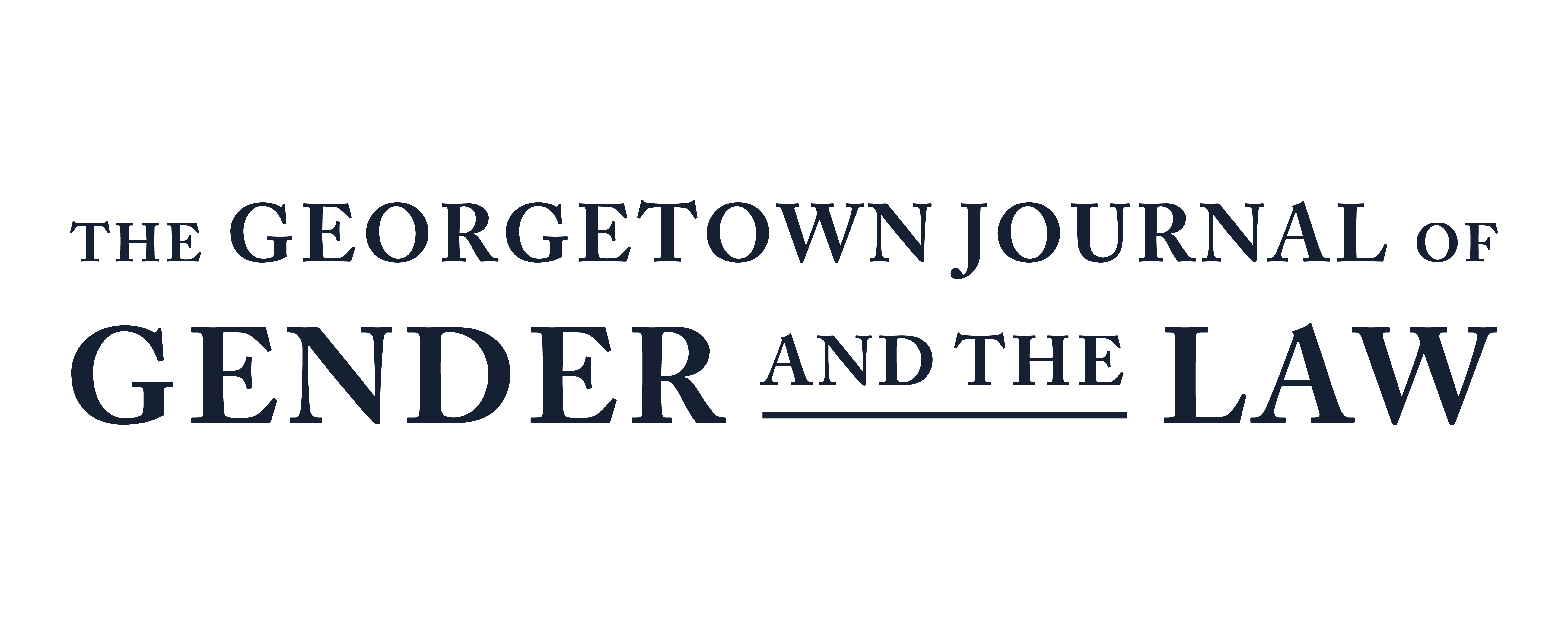Islamic Feminism and Invisible Work: The Case of the Disappearing Daughter-in-Law
Elder care is increasingly important in every society. In most of the world, a female relative performs elder care at home. Nevertheless, as wives, daughters, and daughters-in-law gain access to birth control, late marriage, education, migration, and paid labor, they become less available for unpaid and underappreciated elder caregiving.
Patriarchal cultures based on multi-generational families often use daughters-in- law as elder caregivers. When these families are Muslims, they sometimes seek out Islamic law in support of this elder care strategy. Muslims often maintain that one of Islam’s contributions to world religions is its emphasis on women’s rights; and that one of Islamic law’s great attributes is how it encourages Muslims to reject tribal practices in favor of a universal Islamic community existing under a single law. If both these claims are true, Islamic law should oppose culturally appealing local elder care practices that undercut female autonomy.
This article uses modern Islamic legal pronouncements [fatwās] on the question of a daughter-in-law’s obligations to perform elder care to demonstrate that contemporary Islamic jurists support a daughter-in-law’s independence over her in-laws’ elder care needs by clearly stating that elder care is not a wife’s obligation. Nevertheless, the article also shows that the fatwās create a situation where a wife’s elder caregiving becomes her husband’s benefit. Thus, in addition to declaring a wife’s autonomy, the fatwās also bind daughters-in-law in a way that transforms their work into their husband’s contribution. This article uses feminist theory—including Islamic feminism—to explain how the fatwās follow predictable patterns for the protection of patriarchy. Feminist theory introduces the concept of invisible labor that many societies employ to avoid acknowledging women’s work. Islamic feminism then adds the particular insight that religious elites distort religious law in favor of those cultural norms that support patriarchy. In short, Islamic law as written proclaims female autonomy and yet, as interpreted, makes women’s work invisible.
Purchase to Keep Reading
